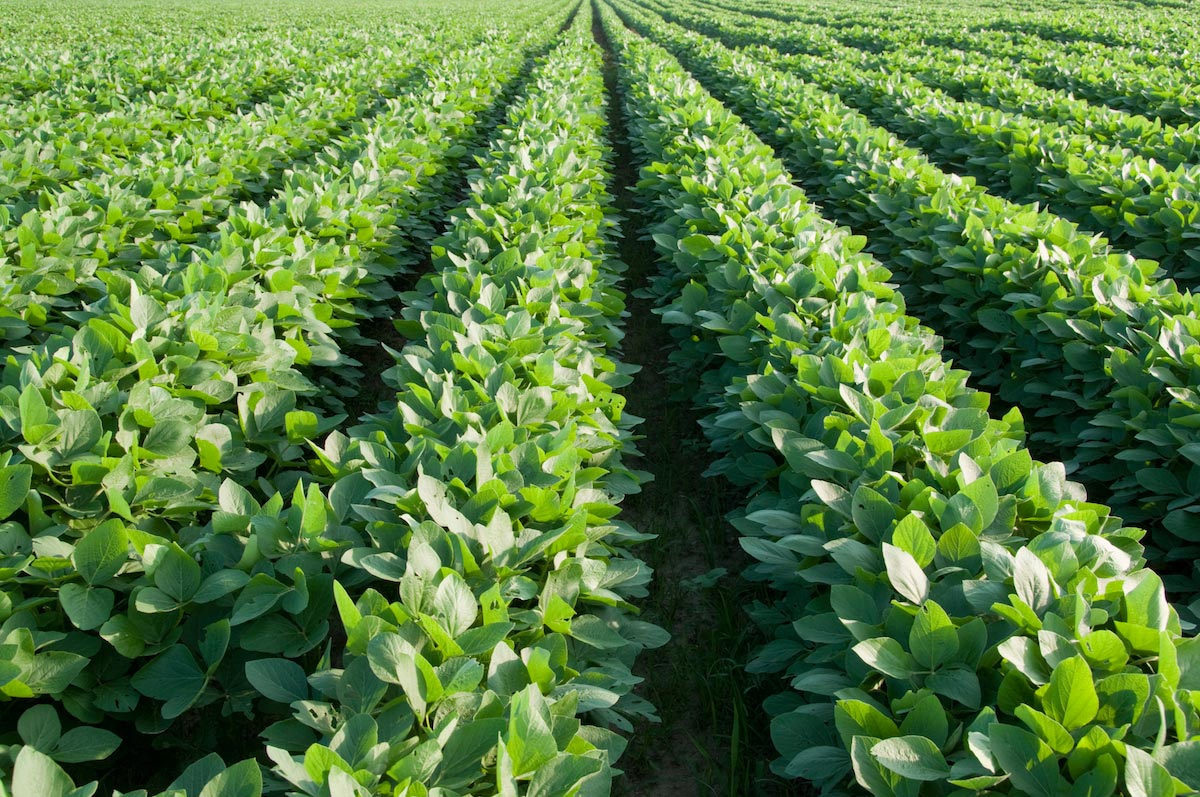Trump announces $19 billion in aid for beleaguered farmers, as coronavirus poses challenges to food supply chain
04/22/2020 / By Ralph Flores

President Donald Trump introduced a $19 billion relief program for farmers impacted by the coronavirus pandemic, which has currently infected 759,786 people in the U.S., causing 40,683 deaths, according to the Johns Hopkins University tally late Sunday. The program will also include an “out of the box” approach from the Department of Agriculture (USDA) to send billions of dollars in agricultural products to food banks across the country.
“Our farmers, ranchers, we have, these are great people. Great Americans. Never complain. They never complain. They just do what they have to do. The program will include direct payments to farmers as well as mass purchases of dairy, meat and agricultural produce, to get that food to the people in need,” Trump said at Friday night’s briefing.
A two-pronged approach
According to Agriculture Secretary Sonny Perdue, the aid package includes $16 billion in direct payments to farmers and ranchers who have experienced losses during the pandemic and $3 billion in mass government purchases for dairy, produce and meat products. The program will roll out by buying $100 million a month in agricultural products.
The program will also tap commercial distributors in handling and transporting these products in a bid to address some of the disruptions caused by the outbreak in the supply chain. Purdue said the approach would help food banks keep up with demand, as they have been short on volunteers.
“If you don’t mind the pun, this is an out of the box example of what we’re trying to do. It is new and different. We’ve never done this before but in realigning the supply,” he added.

The program, which will account for 85 percent of losses between Jan. 1 and April 15, 2020, is slated to be rolled out by the end of May.
Aid package praised by farmers, food banks
The move was praised by both farmers and food banks across the nation.
“This $16 billion in aid will help keep food on Americans’ tables by providing a lifeline to farm families that were already hit by trade wars and severe weather,” said Zippy Duvall, president of the American Farm Bureau Federation and a member of the White House economic advisory board.
“We’re grateful to President Trump and Agriculture Secretary Sonny Perdue for working together to come to the aid of America’s farmers and ranchers.”
Feeding America, the largest operator of food banks in the U.S., also lauded the announcement. Together with the Farm Bureau, the groups have called on the USDA to look into ways to expedite the movement of agricultural products from farmers to food banks.
“This program is designed to ensure nutritious food from growers and producers makes it on to the tables of our neighbors now when they need it most,” said Feeding America CEO Claire Babineaux-Fontenot.
“We are still examining the details, but this effort has the potential to be a significant food resource for people facing hunger.”
Coronavirus disrupts food supply chains
It’s worth noting that America doesn’t have a shortage of food, despite reports of people lining up for hours at food banks and images of empty grocery shelves. However, the COVID-19 outbreak has created a perfect storm of adverse conditions. While farmers foresee no major short-term shortages, they still risk being affected by a shortage of workers who have been infected with the coronavirus.
Another major challenge that the local agriculture sector faces is the supply chain. The pandemic not only caused a shift in the way people buy and consume food, but it has also disrupted the “farm-to-table” process of distributing these goods. With stay-at-home measures in place, huge food consumers – restaurants, schools and hotels, to name some – are also closed. With no one to take the surplus of food and no way to move these to the next stage of the supply chain, the situation creates a gap between farmer and consumer. (Related: Florida farmers left with mountains of unsold food as coronavirus scrambles supply chain.)
“There’s a lot of things that happen to the food before it gets to the consumer, whether it be in processing or transportation. If this thing was to get worse, what problems come along with that? None of us really know.” said Duvall.
Sources include:
Tagged Under: agriculture, bailouts, coronavirus, covid-19, Donald Trump, farmers, farming, farms, Flu, food, food bank, food collapse, food demand, food service, food supply, government, groceries, infections, outbreak, pandemic, President Trump, produce, starvation, superbugs, supply chain, surplus food, USA, virus, White House





















